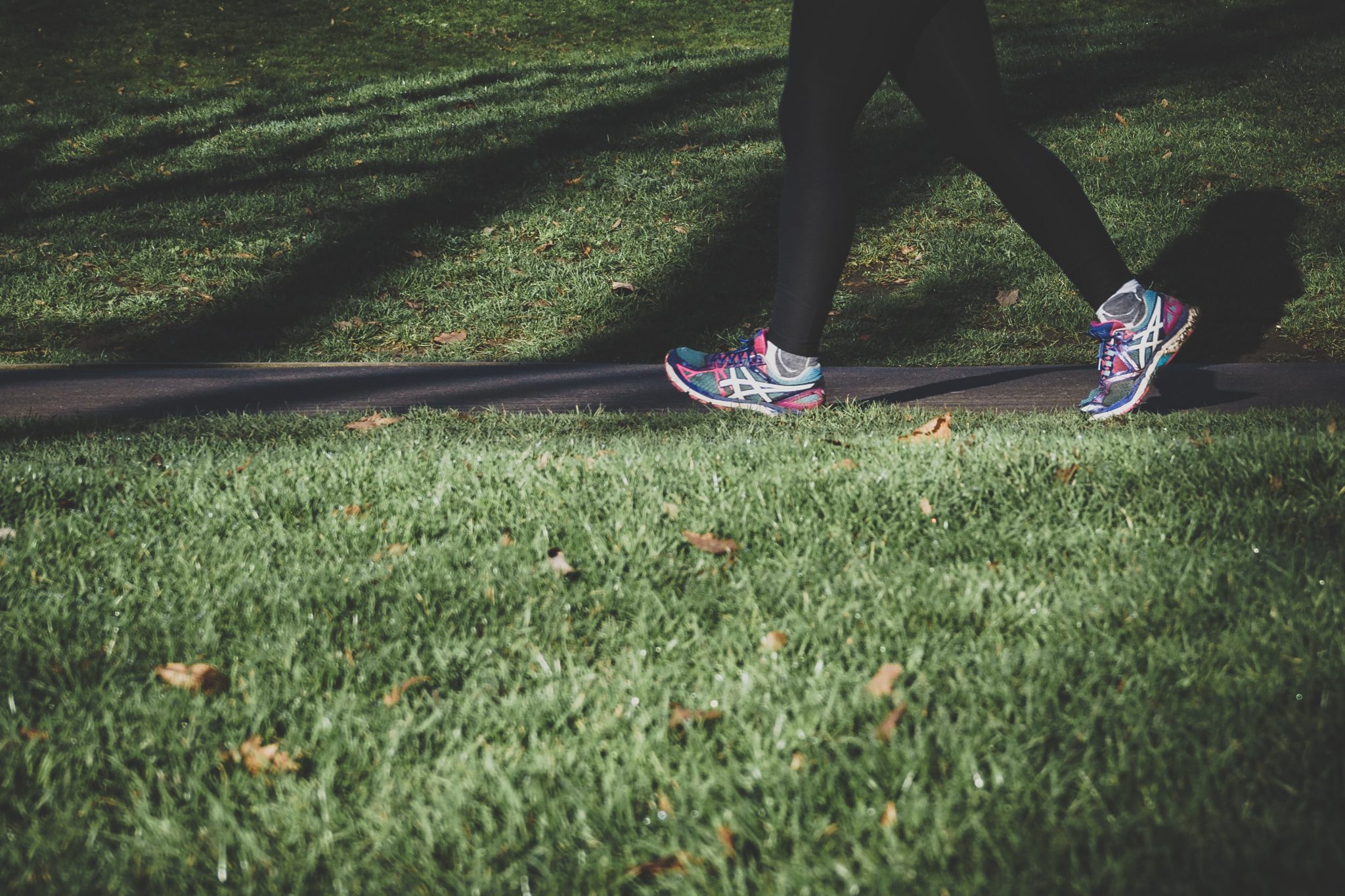We love post-run endorphins, but going fast isn’t the only way to boost your mind and body.
The gym is off the cards for many people right now, whether you’re avoiding gyms before Christmas or your branch is officially shut because of new tier 4 restrictions. But if you really dislike high-impact cardio, can’t be dealing with frostbite on your face or your knees are still suffering from clocking up the miles during lockdown 1, there are other options.
While running has a great many benefits, including helping to reduce stress, improve cardiovascular fitness and strengthen muscles, the much gentler walking can actually give you a similar physical boost. Plus, if the thought of a run makes you want to hide under a fluffy blanket, swapping that out for a walk you’ll actually enjoy will be better for your mental health.
You may also like
Anxiety help: this is the powerful impact a walk has on your mental health
What are the benefits of walking?
In a study published in The Guardian, researchers found that “for the same amount of energy used, walkers experienced greater health benefits than runners”. For example, while running reduced the risk of heart disease by an average of 4.5%, walking reduced it by an amazing 9.3%. Similarly, the risks of high cholesterol and high blood pressure were both reduced more substantially by walking than they were by running.
You are also far more likely to avoid injury if you walk rather than run. Running puts your body under a lot of stress, and the higher the intensity, the more likely you are to hurt yourself. In fact, a study of 5,327 runners and walkers carried out over eight years found that runners were 25% more likely to develop an injury than walkers. Some of the most common injuries include shin splints, runner’s knee, tendinitis and stress fractures. The risk of getting one of these injuries was even higher for ultra-long distance runners.

Walking, on the other hand, carries very little injury risk, making it a safer way to work on your fitness. And, if you wanted to up the intensity of the workout without ramping up the risk, you could try wearing a weighted vest or speed walking. Upping the incline is another effective way to make your walk more challenging, which you can do easily if you’re on a treadmill. If you’d rather walk outside though, you could try hiking in a hilly place.
Not only is walking good for you physically, but it’s also great for your mental health, especially if you walk outdoors. Walkers can take their time, take in their surroundings, and really enjoy being out and about, while runners are usually more focused on beating their PB. But taking the opportunity to walk in a serene environment at a pace that suits you has been found to massively boost happiness. In fact, a study conducted by the University of Vermont found that walking in a green space such as a park or a forest can actually improve your mood just as much as Christmas does.

How to boost your walk
This doesn’t mean to say that walking can’t be more intense. If you’re the competitive sort, then racewalking might just be for you. Racewalking is a much more technical form of walking than regular or speed walking, with specific rules and a distinct technique. It’s a great way to compete in distance races if you don’t fancy running – and it’s likely you’ll finish ahead of a lot of the runners anyway. There are also racewalking competitions, which can take you all the way up to Olympic level.
So while running is undoubtedly a great form of exercise, don’t be fooled into thinking that walking isn’t also great for your mind and body. If you can’t run or simply don’t want to, try taking up walking. It can do amazing things for your health, fitness, and motivation.
Follow @StrongWomenUK on Instagram for the latest workouts, delicious recipes and motivation from your favourite fitness experts.
Image credit: Unsplash
Source: Read Full Article
